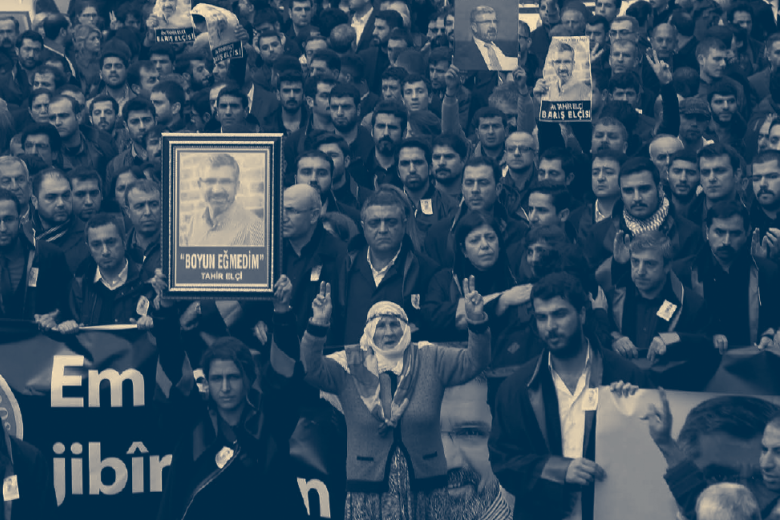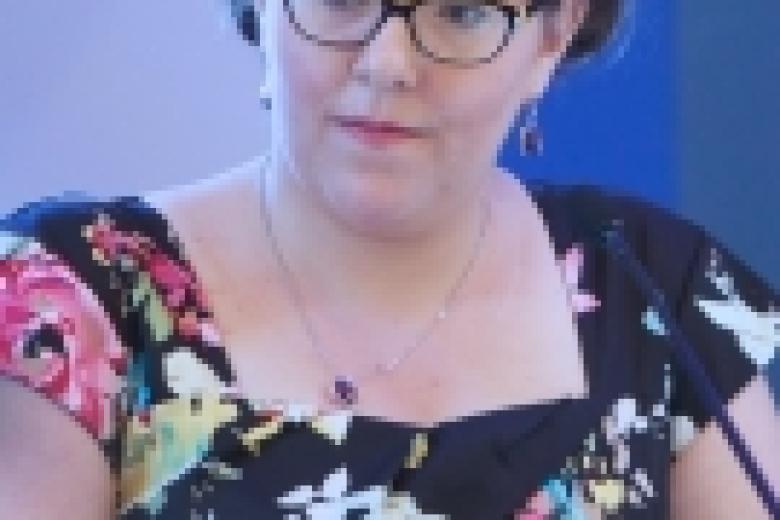UM signs charter for more equitable biomedical R&D
Globally the majority of health-related R&D is invested in medicines with substantial guaranteed returns, yet what is missing is extensive R&D targeted at diseases overwhelmingly prevalent in developing countries. This threatens long-term availability of medicines and treatment options for these diseases.
At the end April, the Maastricht Chapter of the student-led, non-profit organization Universities Allied for Essential Medicines (UAEM) hosted the 2018 European Conference with students attending from all over Europe. During the opening event prof. dr. Martin Paul signed the Global Charter for the Advancement of Equitable Biomedical Research and Development. The Charter aims to build consensus on key principles and practices needed to achieve a more just and equitable approach to biomedical research and development (R&D) and agrees that:
- We must prioritize the health and wellbeing of people over the drive for profits, and support policies and models of funding that incentivize research to most directly benefit the public;
- Today’s profit-centered model of biomedical R&D has proven ill-suited to address the health needs of all people worldwide;
- To maximize the health impact of biomedical R&D, we need a new approach to R&D that delivers genuine innovation that is accessible and affordable for all, and that is governed by equitable principles and practices.
Universities, as publicly funded research institutions, play an important role in the R&D of medicines and other health-related technologies. The use of medicines is an essential and indispensable part of the prevention and treatment of disease. As such, access to and the provision of medicines is a vital element of the human right to health – a right that is enshrined in the 1966 International Covenant on Economic, Social and Cultural Rights. 167 states are party to this treaty and have thus taken on international obligations to make this right, amongst others, a reality.
However, worldwide too many patients still lack access to, sometimes life-saving medicines. This has devastating human and socio-economic consequences. The World Health Organisation estimates that 1/3 of the world’s population has no regular access to medicines, the overwhelming majority of which live in developing countries. It is a complex problem of global proportions. Access to safe, effective, quality and affordable medicines and vaccines is a specific target of the Sustainable Development Goals – SDG3 on good health and well-being. The SDGs represent a political commitment by the international community to tackle a range of socio-economic issues by 2030.
Yet in addition, the problem of inadequate access to existing medicine is further exacerbated by a lack of R&D for new(er) medicines and treatments for so-called neglected diseases. These are diseases that affect almost exclusively poor people in developing countries and for which health interventions are considered inadequate to the need. Globally the majority of health-related R&D is invested in medicines with substantial guaranteed returns, yet what is missing is extensive R&D targeted at diseases overwhelmingly prevalent in developing countries. This threatens long-term availability of medicines and treatment options for these diseases. Examples include neglected tropical diseases such as Chagas disease and Leishmaniasis, but also multi-drug resistant tuberculosis.
UAEM’s vision is to promote medical innovation in the public interest so as to ensure that all people, regardless of income, have access to essential medicines. The Global Charter for the Advancement of Equitable Biomedical Research and Development is part of that vision.
| More blogs on Law Blogs Maastricht, image Flickr - Pranjal Mahna |
-
The EU’s race to the bottom on asylum seekers’ rights
Throughout the EU, the rights of asylum seekers come under pressure. Overdue policy changes remain stuck in negotiations because of lacking political will. It is up to the European Commission to step up and protect the fundamental rights of asylum seekers.

-
Hurbain v. Belgium: towards a fairer balancing exercise between the right to freedom of expression and the right to privacy?
Admittedly, the right to erasure, or more colloquially, the right to be forgotten is nothing new in the European legal landscape. Indeed, this right can be found as far back as 1981 in the predecessor of the Modernised Convention for the Protection of Individuals with regard to Automatic Processing...

-
How many times can the ECtHR turn its head
Thank God for Judge Egidijus Kūris. In ECtHR ruling Ahmet Hüsrev Altan v. Turkey of 13 April, he showed that decontextualized analysis is not inherent to supranational judicial review. Once again saucing up his dissent with Bob Dylan, he asked “how many times can [the ECtHR] turn [its] head and...

